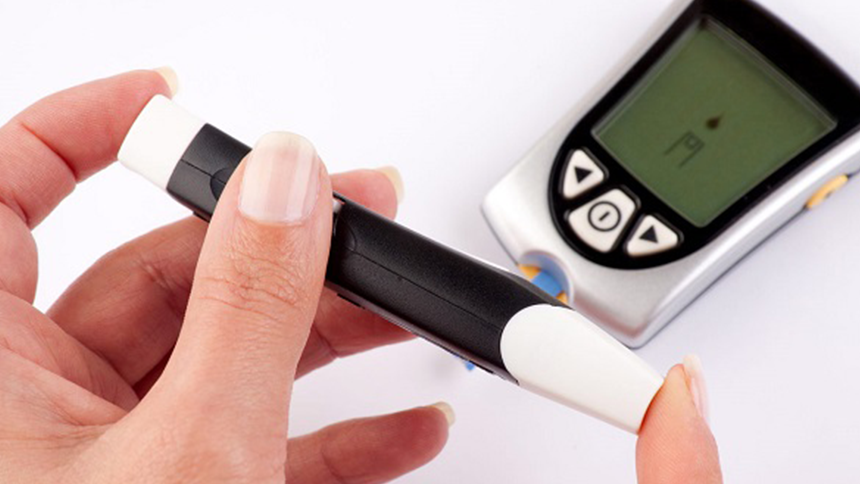A team at Penn State is set to release their findings in December within the peer-reviewed journal Biosensors and Bioelectronics showing a prototype of a noninvasive glucose monitoring device.
The non-invasive glucose monitor is placed over the skin and responds by measuring blood sugar levels via a sensor that detects glucose in sweat as opposed to blood where it is more concentrated.
“The researchers constructed the device first with laser-induced graphene (LIG), a material consisting of atom-thick carbon layers in various shapes. With high electrical conductivity and a convenient fabrication time of just seconds, LIG appeared to be an ideal framework for the sensing device,” according to a news release explaining the findings.
“In a proof-of-concept test, the researchers used a skin-safe adhesive to attach the reusable device to a person’s arm one hour and three hours after a meal,” the news release also states.
“The subject performed a brief workout—just enough to produce sweat—right before each measurement time. A few minutes after collecting the sweat, the researchers found that the detected glucose concentration dropped from the first measurement to the next. The glucose measurements from the device were verified by measurements made with a commercially available glucose monitor.”
“This glucose sensor serves as a foundational example to show that we can improve the detection of biomarkers in sweat at extremely low concentrations.”


